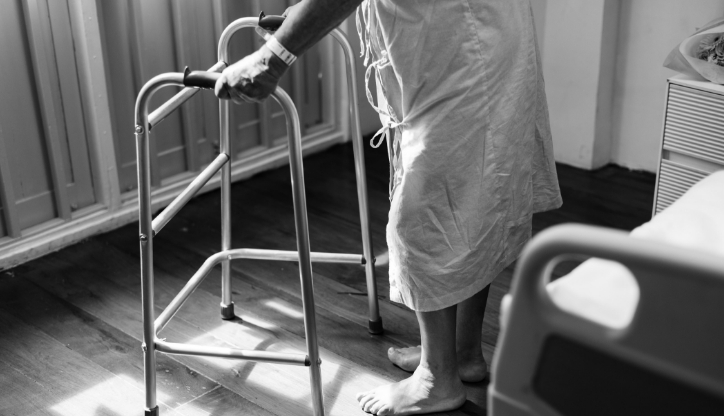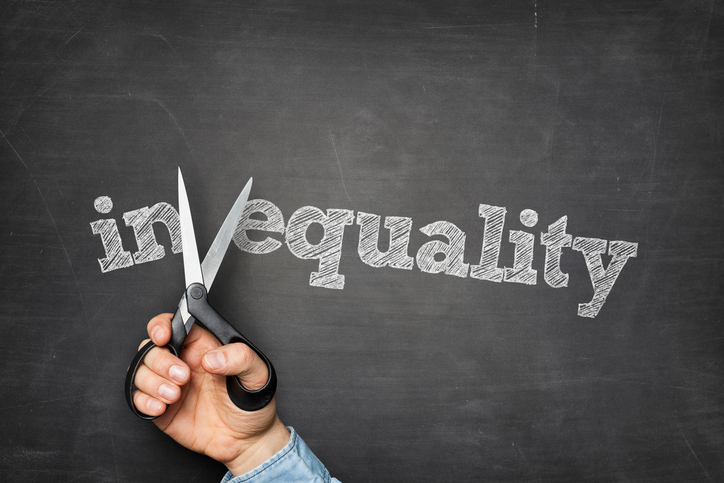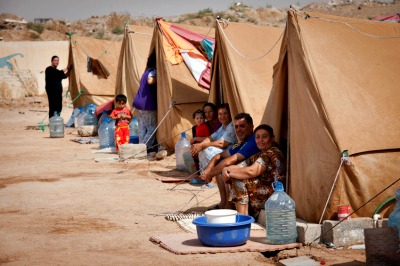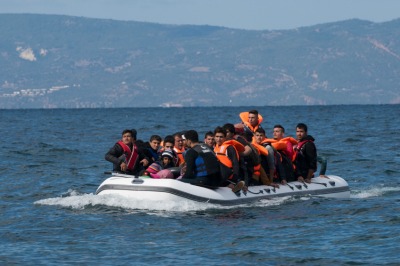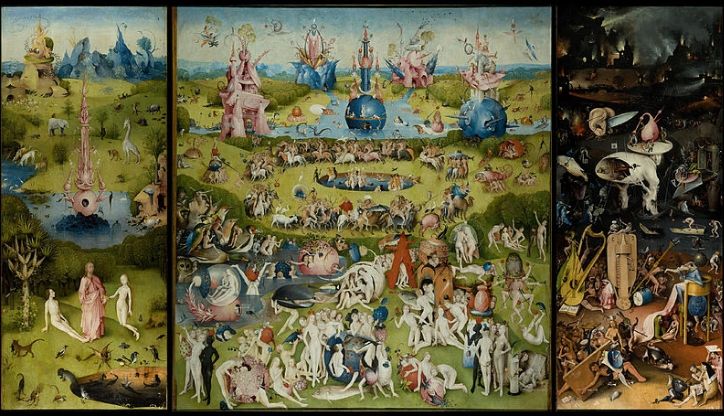
Theological Reflection: Remembering the Gap Between Crime and Sin
Kevin Hargaden INTRODUCTION While in the popular imagination, crime and sin tend to be joined in the same universe, when we look to the Christian tradition, we find a much more nuanced account of how these two concepts relate. While few would object to discussions of criminality, there is a knee-jerk hesitancy to engage any… Read more »


